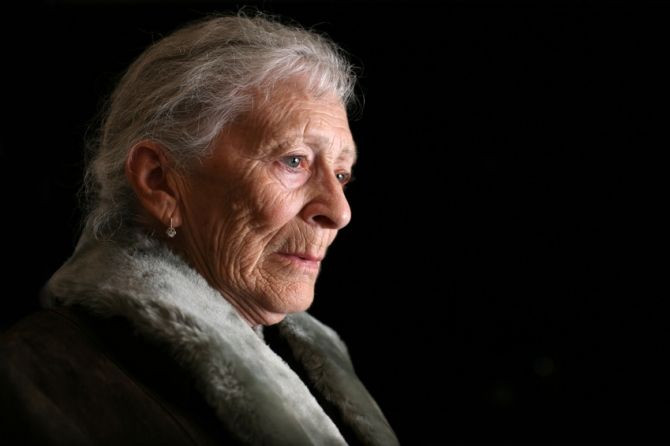Eating Disorders and Body Image Issues Are Just As Common in Women Over 50

While eating disorders are commonly seen as issues faced predominately by teenagers and young women, new research reveals that women over the age of 50 are just as likely to have bulimia.
Researchers found that even women aged 75 report binging and purging problems.
Lead researcher Dr. Cynthia Bulik, Director of the University of North Carolina Eating Disorders Program and her team surveyed 1,849 American women and found 3.5 percent of women aged 50 and over reported binge eating, nearly 8 percent of the women surveyed admit to purposely purging food from their bodies and more than 70 percent report that they were trying to lose weight.
The findings, published in the International Journal of Eating Disorders, also showed that nearly two-thirds of older women at 62 percent said that they felt that their weight or shape negatively impacted their life.
"We know very little about how women aged 50 and above feel about their bodies," Bulik said in a statement. "An unfortunate assumption is that they 'grow out of' body dissatisfaction and eating disorders, but no one has really bothered to ask. Since most research focuses on younger women, our goal was to capture the concerns of women in this age range to inform future research and service planning."
The average age of the women surveyed was 59. 92 percent were white, 27 percent were obese, 29 percent were overweight 42 percent were normal weight, and two percent were underweight.
Among all the women surveyed, behaviors like binge eating and purging were most common in women in their early 50s, but also occurred in women over the age of 75.
When it came to weight issues, 36 percent of the women reported spending at least half their time in the last five years dieting, 41 percent checked their body daily and 40 percent weighed themselves a couple of times a week or more.
The women surveyed even admitted to resorting to a variety of unhealthy methods to lose weight, including 7.5 percent taking diet pills, 7 percent engaging in excessive exercise, 2.5 taking diuretics, 2 percent taking laxatives and 1 percent vomiting.
About 66 percent of the women were unhappy with their overall appearance, 84 percent were unhappy with their stomach and 73 percent about their shape.
"The bottom line is that eating disorders and weight and shape concerns don't discriminate on the basis of age," concluded Bulik. "Healthcare providers should remain alert for eating disorder symptoms and weight and shape concerns that may adversely influence women's physical and psychological wellbeing as they mature."



























